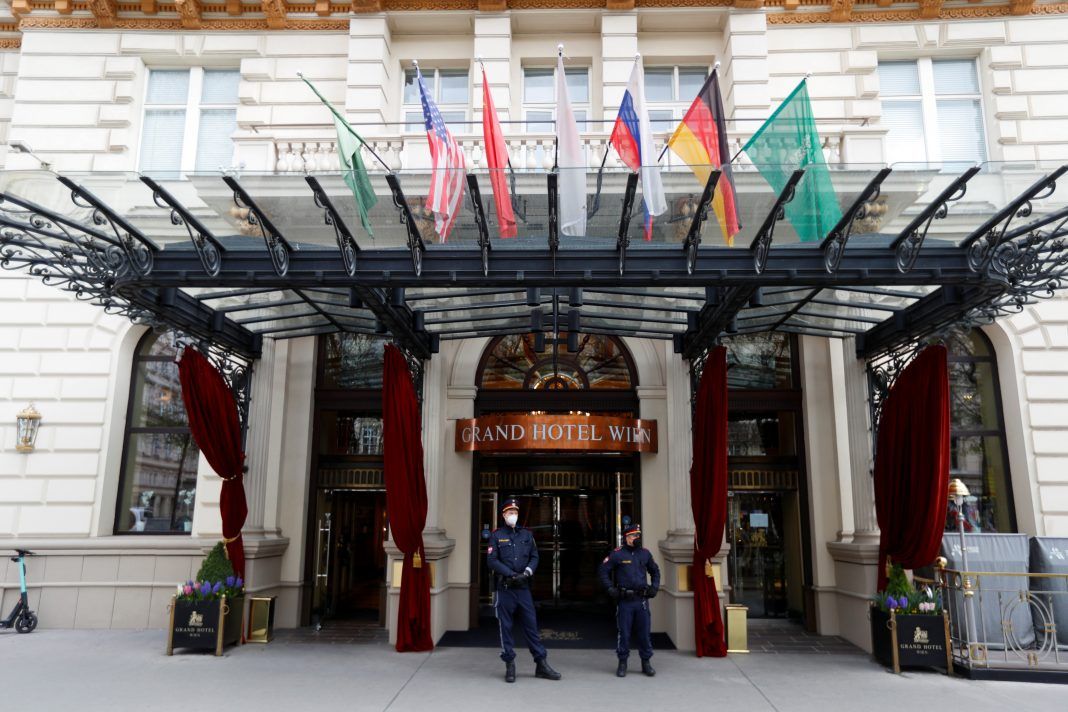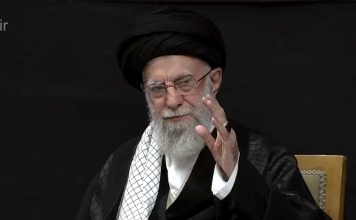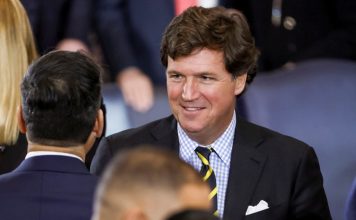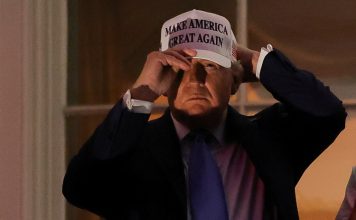PARIS, April 21 (Reuters) – The European parties to the Iran nuclear deal have seen progress in the first two rounds of indirect U.S.-Iran negotiations to revive the 2015 accord but said on Wednesday that there were still major hurdles to overcome.
The talks, aimed at bringing Iran and the United States back into compliance with the agreement by having Washington provide sanctions relief in return for Tehran curbing its nuclear program, will pick up again next week.
Iran and world powers – Britain, China, France, Germany and Russia – have been meeting in Vienna to hammer out steps that would be needed if the agreement, which was abandoned by former U.S. President Donald Trump in 2018, is to be revived.
The central issues are which U.S. sanctions imposed by Trump since he pulled out of the deal would need to be removed and what steps Iran would have to take to rein it its subsequent breaches of the pact’s curbs on its uranium enrichment capacity.
The Wall Street Journal cited two people familiar with the matter as saying Washington was open to easing terrorism sanctions against Iran’s central bank, its national oil and tanker companies and key economic sectors including steel and aluminium.
Analysts have said it is inevitable that the United States would have to ease some of its terrorism-related sanctions if there is to be a revival of the deal because without this, Iran would be unable to resume exporting oil.
The newspaper cited one senior European official as saying that Washington has also signaled potential sanctions relief for sectors including textiles, autos, shipping and insurance, but cited multiple people familiar with the matter as saying U.S. officials had not offered a detailed proposal.
A U.S. delegation is in a separate location in Vienna, enabling the powers to shuttle between both sides because Iran has rejected direct talks for now.
“We welcome the constructive discussions that have taken place in Vienna, and the positive participation by all sides so far,” diplomats from France, Britain and Germany, known as the E3, told reporters.
“We have made some progress but there is still a way to go.”
U.S. President Joe Biden’s administration, which took office in January seeking to rejoin the accord, has said it is ready to remove “all sanctions that are inconsistent” with the deal, although not spelling out which measures it means.
Iran‘s clerical establishment has said it will not return to strict observance of the 2015 agreement unless all sanctions reimposed or added by Trump are rescinded.
“We encourage all sides to seize the diplomatic opportunity in front of us,” the diplomats said. “We condemn escalatory measures by any actor which could jeopardise progress.”
The talks were complicated after an explosion at Iran‘s main uranium enrichment facility at Natanz last week, which Tehran blamed on its arch foe Israel. Israel has not commented formally on the incident.
(Reporting by John Irish in Paris and Arshad Mohammed in Saint Paul, Minn., Editing by William Maclean and Grant McCool)








